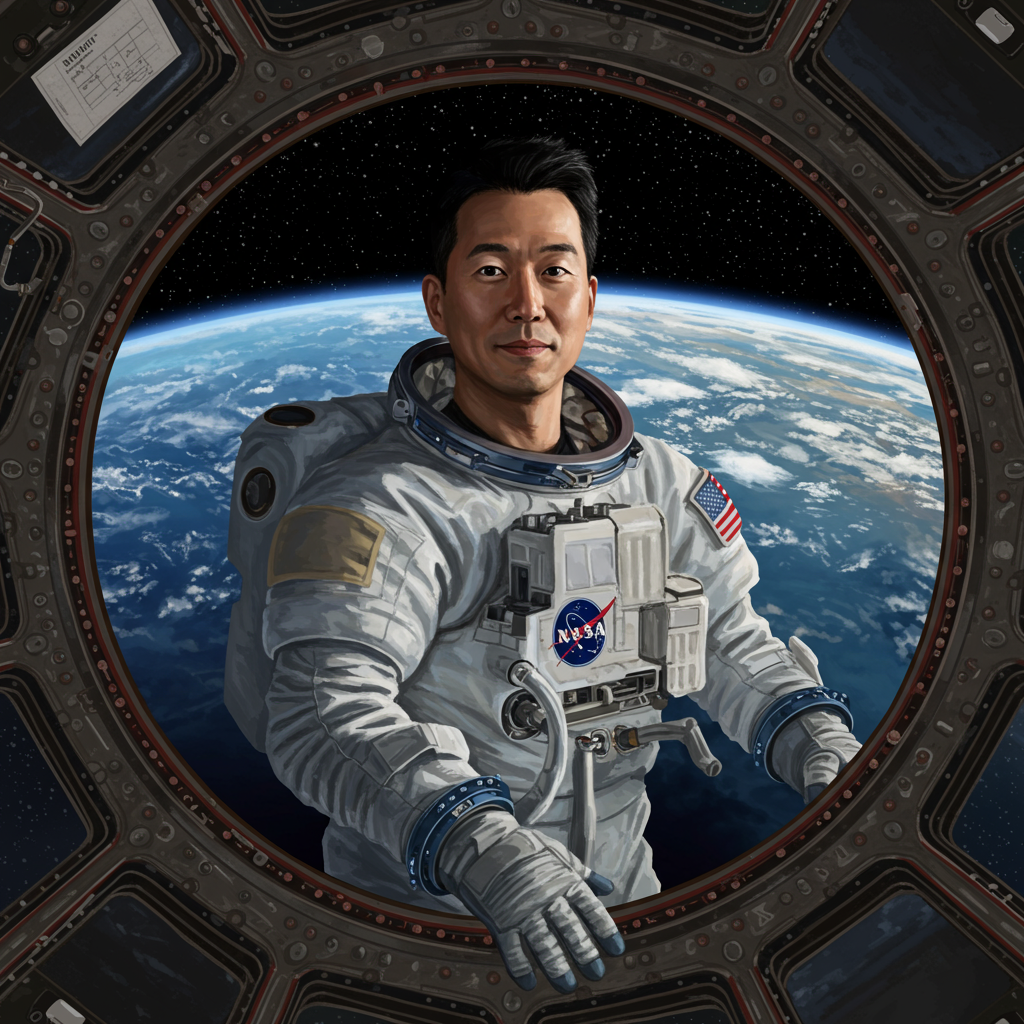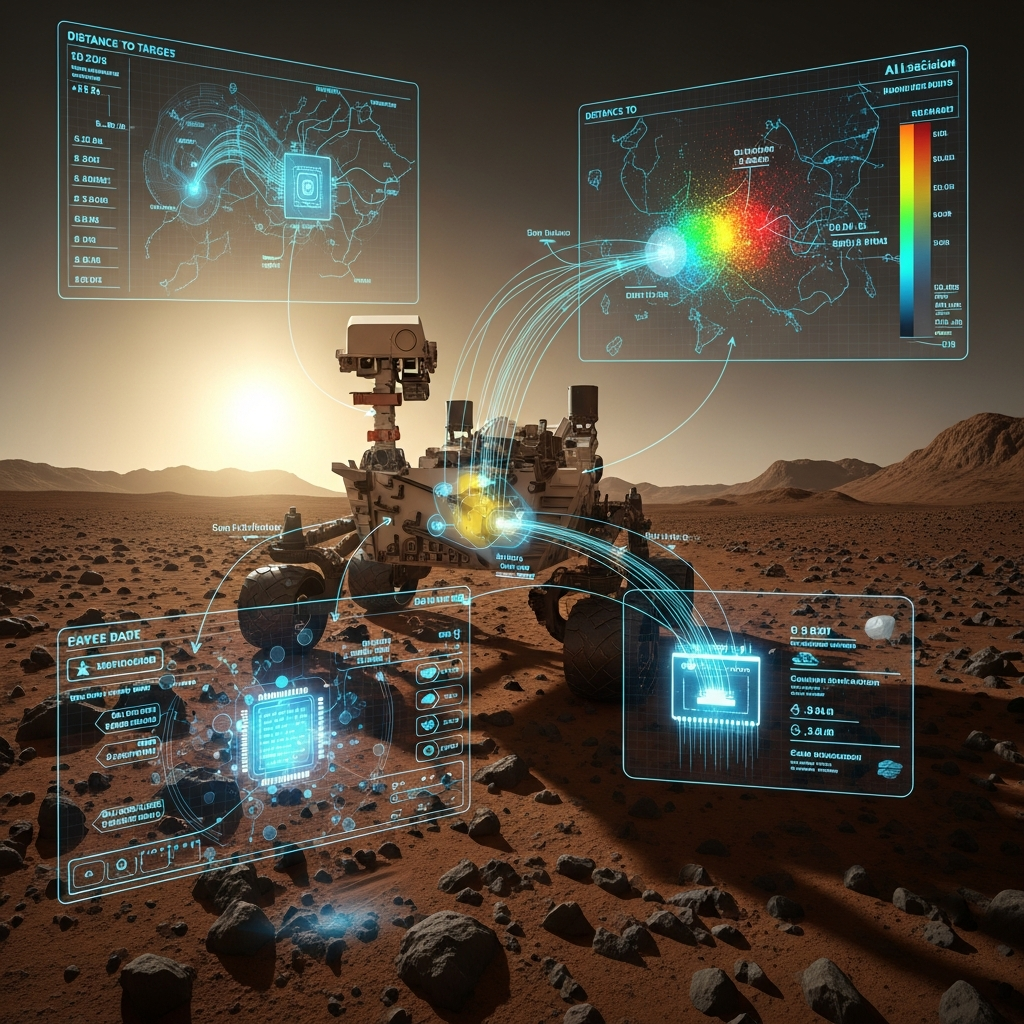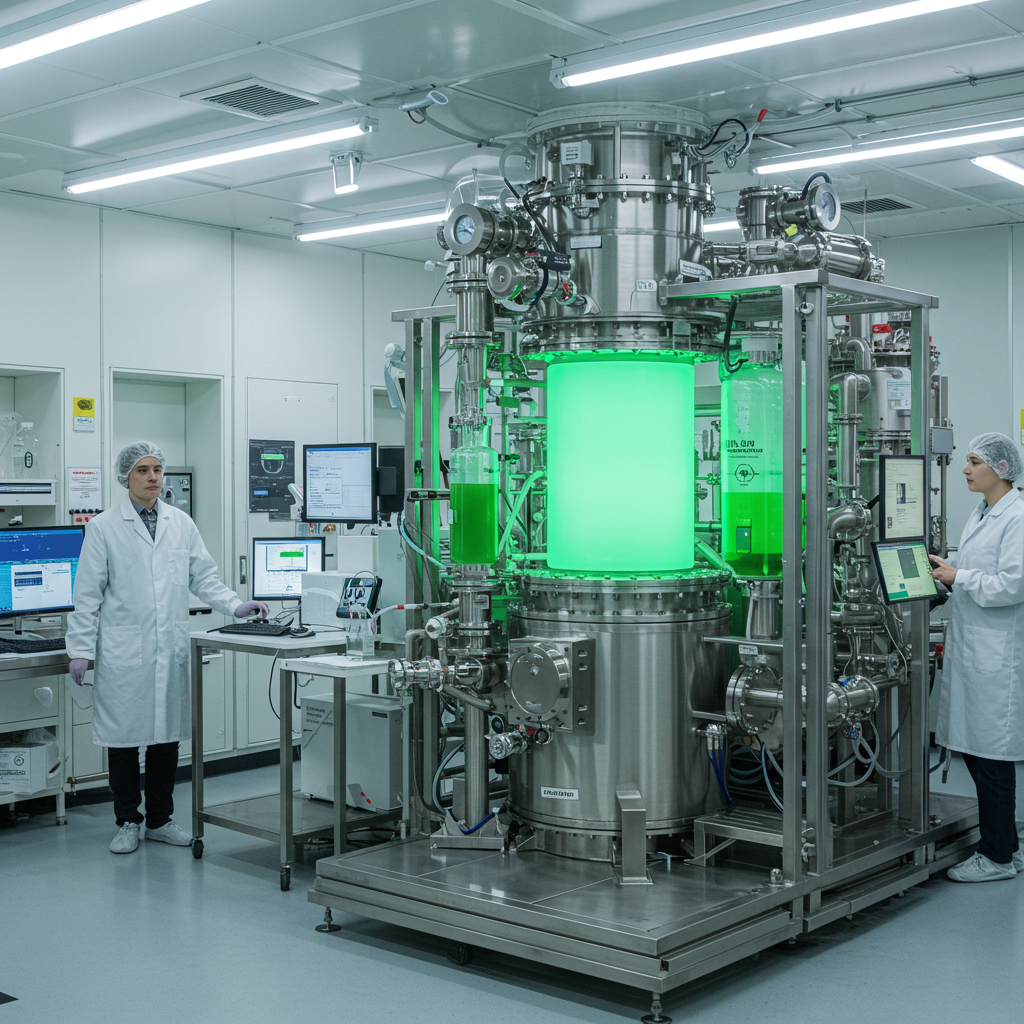Dr. Jonny Kim’s life reads like an aspirational checklist: U.S. Navy SEAL, Harvard-trained physician, and now a NASA astronaut. Currently serving as a flight engineer aboard the International Space Station (ISS), Kim’s extraordinary journey is not the result of a predetermined plan, but rather a consistent, driving motivation: a deep-seated desire to serve others.
His unique path and current mission in space were highlighted in a recent interview on NPR’s Morning Edition with host Leila Fadel. Fadel, an accomplished journalist known for her extensive reporting on complex international and domestic issues, including her significant work covering the Middle East and American “fault lines” like policing and race, provided the platform for Kim to share insights into his remarkable career and personal philosophy.
From Combat Medic to Doctor
Growing up as the child of Korean immigrants, Kim initially didn’t envision the heights he would reach. His professional life began with the elite Navy SEALs. Serving as a combat medic overseas ignited a profound passion for direct patient care and helping those in critical need. These intense experiences solidified his calling, leading him to pursue medicine.
Kim earned his doctorate from Harvard Medical School in 2016. While initially believing a career as a physician was his ultimate destination, dedicated to making a positive impact on individual lives, fate had another path in store.
An Unplanned Voyage to Space
Becoming an astronaut was, in Kim’s own words, something he “accidentally stumbled upon.” Yet, when the possibility arose, he quickly recognized that the core motivations that fueled his desire to join the military and become a physician – making a positive impact and helping people – aligned perfectly with the goals of space exploration and NASA’s mission.
He launched to the International Space Station on April 8, 2025, for what is expected to be an eight-month mission, with a return to Earth anticipated later in the fall.
The Driving Force: Serving Others
Throughout his diverse career transitions, the central theme for Kim has remained constant: service. Whether providing critical care on the battlefield, treating patients as a doctor, or contributing to scientific advancements and inspiring future generations from orbit, his actions are rooted in the desire to serve a greater good. He sees his role at NASA, working alongside a vast collection of public service professionals from around the world, as a fulfilling continuation of this commitment.
Navigating Public Perception and Personal Struggle
Kim’s impressive resume has gained significant viral attention, particularly within Asian American communities, sometimes lightheartedly framed as the ultimate “Asian American mom’s dream.” While he finds some humor in the memes and jokes, Kim cautions against oversimplifying complex human stories into one-liners or tropes. He believes that reducing a life’s journey to a simple list of accomplishments misses crucial elements of vulnerability, failure, growth, and redemption that are universally relatable.
He emphasizes the importance of finding confidence in one’s identity and refusing to “sell yourself short.” Kim points out that while external challenges and “glass ceilings” will always exist, the most significant barrier people face is often the one they impose upon themselves. He encourages dreaming big and overcoming self-limiting beliefs.
Life and Work Aboard the ISS
Operating as both a national laboratory and a home, the International Space Station demands a unique blend of scientific rigor and practical maintenance. Kim’s daily activities involve conducting cutting-edge science and research, much of which focuses on understanding how the human body reacts to the microgravity environment. This research is vital for enabling future deep-space exploration missions to destinations like the Moon or Mars, which will require astronauts to endure multi-year journeys.
Beyond the experiments, maintaining the orbiting outpost is crucial. Just like any home, things break – whether it’s a critical system or something as mundane as a faulty toilet or air conditioning unit. Astronauts perform essential repairs and upkeep to keep the station operational.
Despite the extraordinary nature of his current workplace, Kim shared a relatable perspective on his family life: his children are, amusingly, “quite over it” and more interested in when he will return home to play video games. Though grounded in typical kid priorities, he expressed pride in them and knows they are proud of him.
Looking ahead, Kim remains passionate about public service. He has no specific plans for future missions beyond the ISS, such as going to the Moon or Mars, but is content to continue his work at NASA and see where the “voyage takes us.” His journey stands as a powerful testament to the impact one can make when guided by a clear purpose rooted in serving others.




